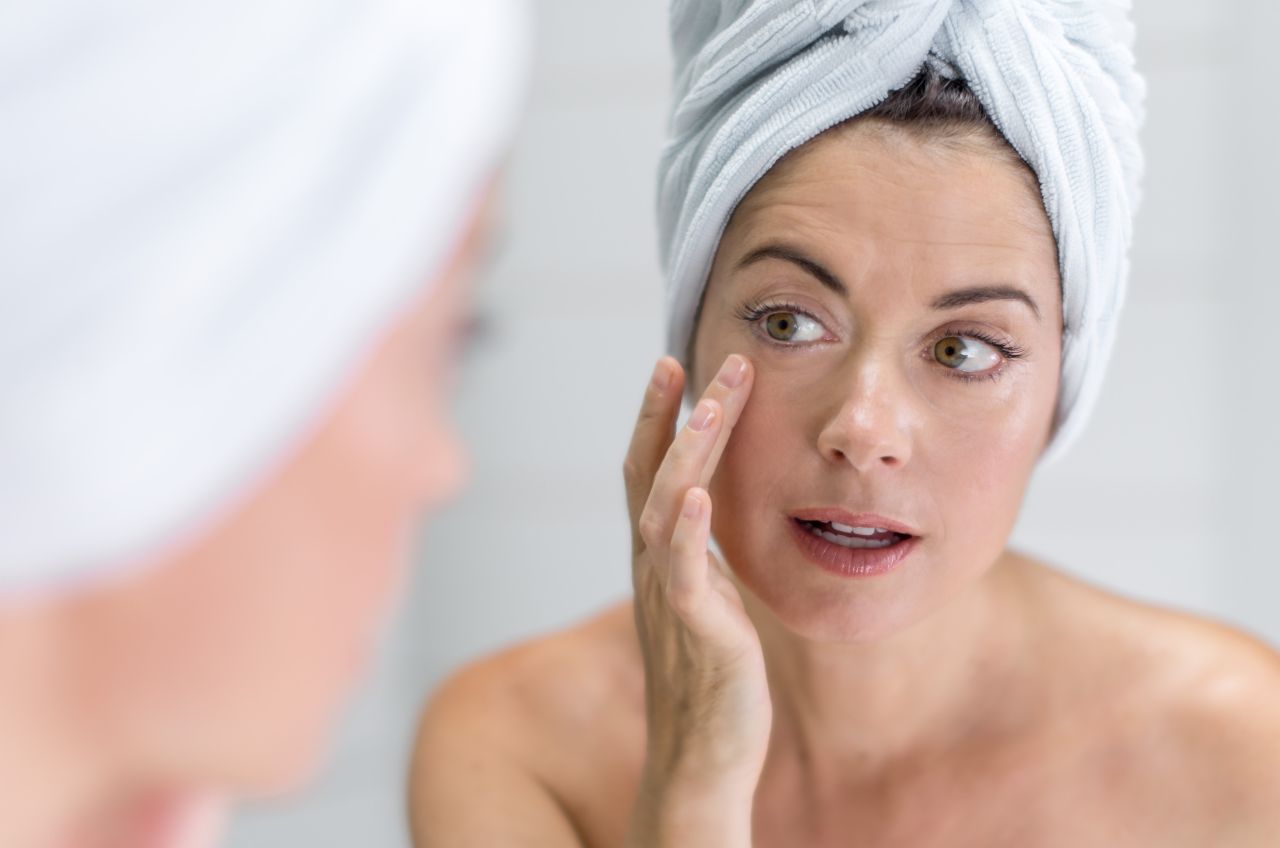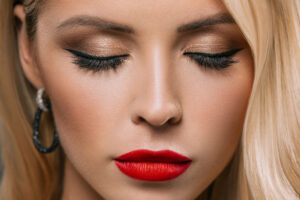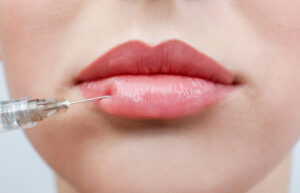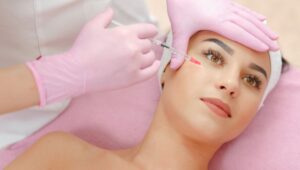We all strive to achieve healthy flawless skin; we go through a lot of trouble and expense to get it. There are a lot of skin care products out there, each promising its own beautiful results but you don’t need to get all of them. By using a lot of products, you might be unwittingly layering products that are doing more harm than good for your skin. We have compiled some tips to help you out to avoid committing those exact mistakes.
Skin Care Products that You Should Never Use Together and Why
You might already have a skin care routine but with all the skin and beauty products flooding social media you might be tempted to try a new one out and add to your skin regimen. Mixing skincare ingredients incorrectly can cause skin irritation and dryness. It can also counteract the benefits of certain ingredients thus making them ineffective and ultimately a waste of good money.
Before making the decision to add a new skin care product, check this list first so you don’t mix ingredients that can potentially harm your skin.
Retinol and Alpha Hydroxy Acid
Both products are good for anti-aging but combining these ingredients can cause irritation. Since they both exfoliate the outer layer of the skin using these together might strip too much of the skin. What you can do instead is use them alternately for each day, retinol today, glycolic acid the next day, and so on.
Retinol and Beta Hydroxy Acid (BHA, i.e. Salicylic Acid)
Salicylic acid is best known for its anti-acne properties but it also tends to be drying, layer it with retinol and it can be a disaster waiting to happen. These two products are both drying which may lead to skin irritation and at times flaking and discomfort. Like with retinol and vitamin C, it is better if used separately. Apply retinol in the evening and use Salicylic acid in your morning skin care routine.
Retinol and Benzoyl Peroxide
Aside from its anti-aging benefits, the exfoliating property of retinol is a key factor in preventing plugged pores which makes it perfect for getting rid of acne. Though that might be the case, don’t use it with benzoyl peroxide since they have the tendency to cancel each other out. Instead of producing twice the beneficial effects, you are in fact wasting money by reducing each products efficacy when used separately.
Retinol and Vitamin C
Vitamin C is an antioxidant; it protects skin cells from damaging free radicals caused by UV exposure. It also inhibits melanin production in the skin, which helps to lighten hyperpigmentation and brown spots, even out skin tone, and enhance skin radiance. It is also most effective in an acidic pH. On the other hand, retinol works in a more alkaline pH. Combining an acidic product with a more alkaline one destabilizes the pH balance, hence these two ingredients together are not able produce their optimal results. What you can do instead is use them on separate times of the day so you can maximize their effects. Vitamin C works best in daytime so use it in the morning, the tendency of retinol to cause photosensitivity makes it ideal to be used at night for its collagen building and cell repairing properties.
Soap-Based Cleanser and Vitamin C
Soaps are basic, they have a high pH, meanwhile Vitamin C is essentially an acid, ascorbic acid to be exact which has a low pH. Washing with a soap-based cleanser before applying your vitamin C is not ideal since it ultimately decreases the skin’s ability to absorb it. You are essentially a wasting good money; you’ve paid the full cost for your Vitamin C product yet your skin is only able to absorb a fraction of that. Switch to a salicylic or glycolic acid based cleanser in the morning to optimize absorption so you don’t miss out on the antioxidant and skin brightening qualities of Vitamin C.
Salicylic acid is best known for its anti-acne properties but it also tends to be drying, layer it with retinol and it can be a disaster waiting to happen. These two products are both drying which may lead to skin irritation and at times flaking and discomfort. Like with retinol and vitamin C, it is better if used separately. Apply retinol in the evening and use Salicylic acid in your morning skin care routine.
Any Two Skin Care Products that contain the Same Kind of Actives
Always check the labels of the products you are using. You might be unwittingly using two products which have the same actives. Those acne products you are using, they might both contain benzoyl peroxide. Getting double doses of these same actives usually leads to irritation, which in turn heightens the chance of suffering side effects from these ingredients.
If you are using different brands, mixing and matching skin products, the overnight cream you are using might contain mandelic acid and the mask you used before that contains glycolic acid. These are both AHAs, and can cause over drying as well as increased photosensitivity. Step up on applying sunscreen when using AHAs, BHAs or retinol to minimize effects of photosensitivity.
Head on to your beauty stash, check your skin care products. Now that you are better informed, make sure you are not committing any skin care mistakes so you can maximize the efficacy of your skin care routine and be on your way to clear, smooth and radiant skin.
*Information in this article is not medical advice and may not be factually accurate. It is intended for entertainment purposes only. Consult with a physician before attempting any tips in this blog post and to get the most up to date factual data about any procedure or treatment.














